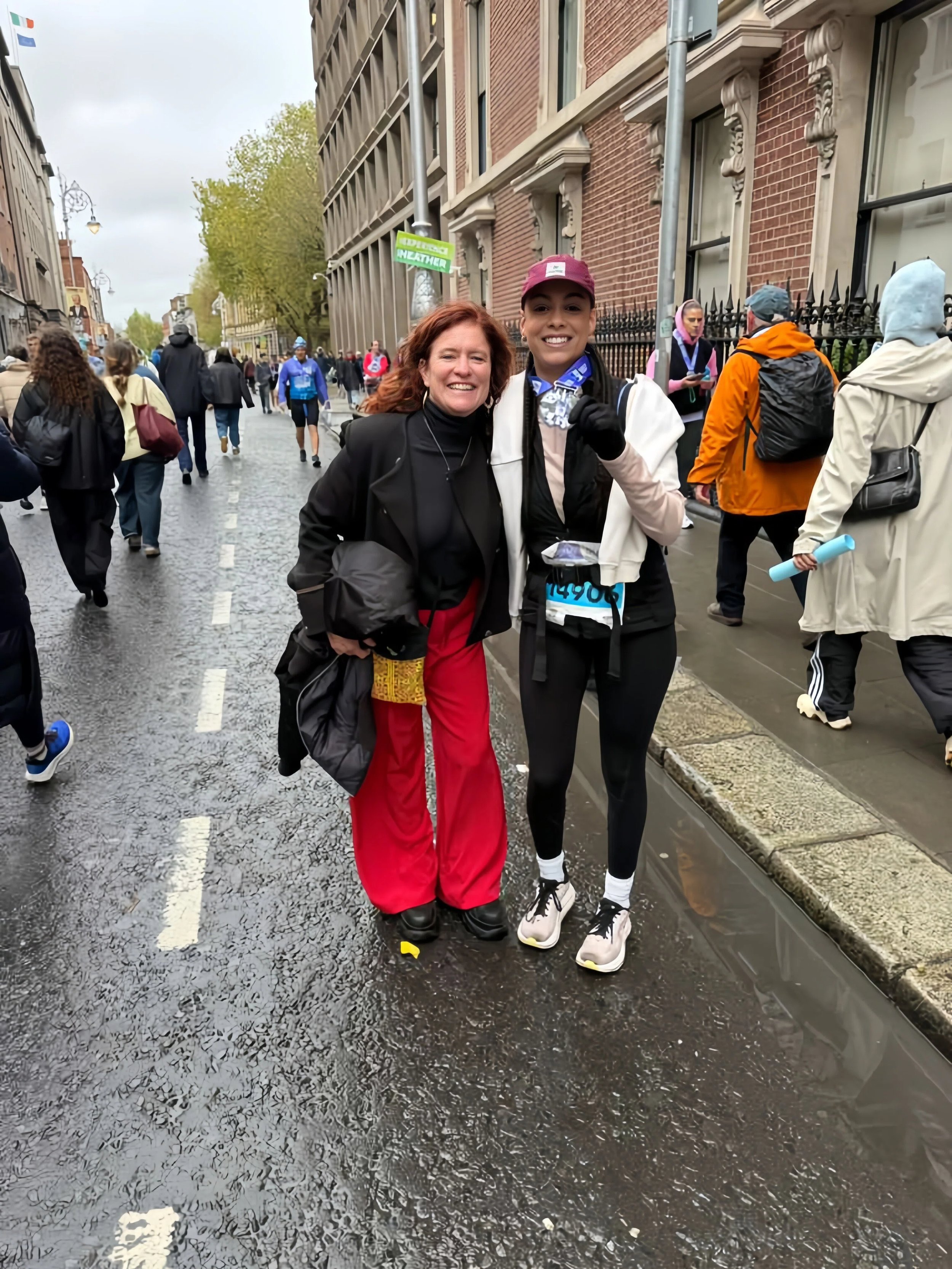Events
Here you will find a list of events happening across the country. From launches, conferences and fundraising. Help ensure healthcare is provided beyond the mainstream across Ireland.
Irish Life Dublin Marathon
25th October 2026
Fundraise for team Safetynet 2026


